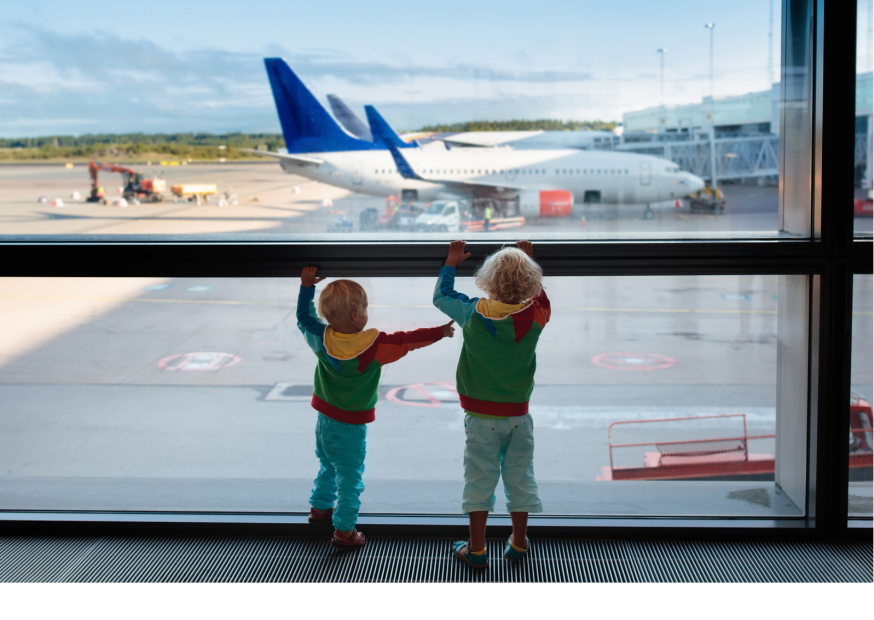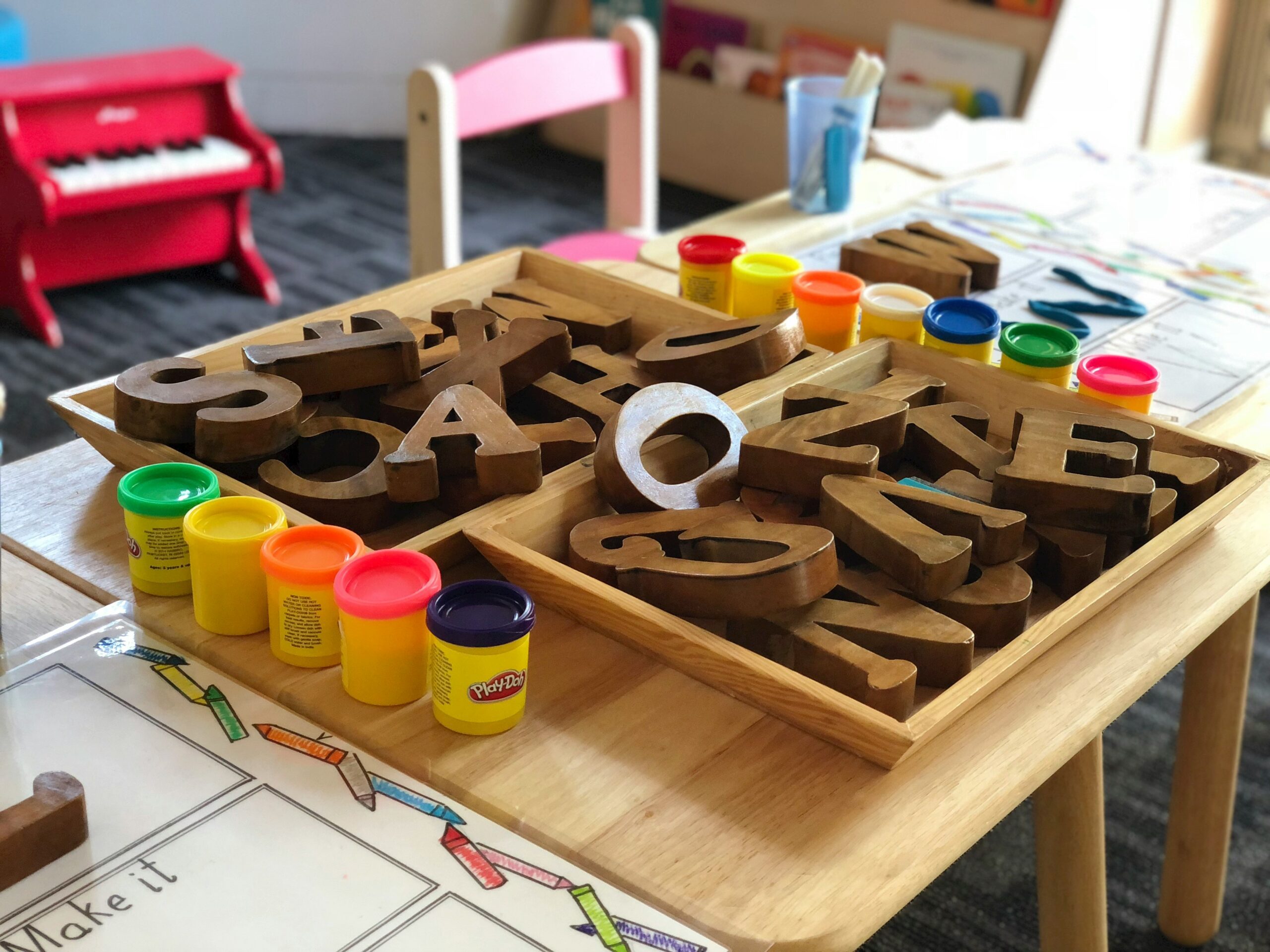
Are you looking for help moving abroad? Speak with an international relocation specialist by reaching out to [email protected].
The first time I lived abroad for more than a few months was when I was in the Peace Corps in the Dominican Republic. There were certainly challenges associated with living in a completely new culture and language, but when you’re 23, you just don’t mind figuring things out on the fly, or otherwise going without.
Since my Peace Corps service, I’ve moved to four other countries. Each time I move, I am shocked by how overwhelming and tiring the process can be. Moving is always difficult, but moving to a new country with different laws and customs to navigate (and often a new language to navigate in!) can be exceedingly so.
There are technical things to figure out – like new tax filing requirements, finding the right visa, navigating home buying or long-term renting in a different country. But sometimes it’s the more personal things that can make adjusting to a new country difficult. Across all of my moves, there have been some common lessons which have helped make each successive relocation go that much smoother.
Here are six personal lessons that I’ve learned from moving abroad that I think might be helpful for you too.
1. Understand hat you don’t know, and recognize that there’s plenty you don’t know you don’t know
Now that I’ve relocated internationally 5 times, there’s a clear list of things I know I need to take care of when moving. These will be pretty obvious to most – like immigration, a place to live, health insurance, etc. Each one of these “obvious” things is complex on its own.
But where I’ve really had issues is with the things I didn’t expect to have a problem with. Before I moved to Kenya, I felt confident once I secured my visa and found a place to live. Yet upon arrival, I just could not figure out how to make payments for things. There weren’t many ATMs in my new town, and my American ATM card got locked (because I forgot to notify them I was moving to Kenya). In Kenya, people use a phone payment system called MPesa to pay for most of their goods and services, but I had no idea what that was or how to set it up. Suffice to say I went hungry for a few days after my move.
If you can, try to suss out as many of these blind spots as you can before you’re in the meat of your move by speaking with other expats who have already relocated. And then get ready for a few surprises anyway! Part of the fun of an international move is learning how to roll with it.
2. Connect with people on the ground
Accurate information about how things actually work in your chosen destination can be hard to come by online. In countries that are popular with expats, you’re going to find a plethora of blogs, checklists, podcasts, and more. These can be gold mines for learning about things like MPesa, but you have to sift through a lot of content. It’s also hard to know who is a true expert, and what has changed recently.
There are a few ways you can be more targeted about gathering information. One of the first things to try is to join expat Facebook groups both in the country you’re moving to, and, ideally, the specific town or region. Members of these groups generally went through the move process themselves, so know what it takes. You can often get answers to very technical, specific questions on these groups, as well as set your expectations for life in your new home. You’ll still need to sort through too much information, occasional misinformation, and sometimes snarky responses to your questions, but those groups are a great place to start.
3. Embrace cultural differences
One thing I didn’t fully understand before living abroad was that my expectations about things like work, community, and communication were products of my U.S. cultural upbringing. In the U.S., we have a culture of goal orientation, of individualism, and of transactional professional relationships. The Dominican Republic, by contrast, is more community oriented, and has a different relationship with work. When I first moved to the Dominican Republic, I had a habit of getting annoyed when Dominicans didn’t act how I believed they should in different situations. That disconnect caused me endless frustration and resulted in a few instances of blame and judgment that strained my relationships with my community. Once I was able to recognize how my own conceptions of how things should be done were not “right or wrong,” but culturally driven, I was able to embrace the culture I was living in. There will always be a period of adjustment when you start living in a new culture, but coming in with an open mind has helped me really appreciate a new country more, and also develop much better relationships with locals.
For many American expats, the enjoyment of a move abroad can be hampered by an unwillingness to adapt to different cultural values. How those cultural differences manifest will be very specific to your individual expectations, to the country you’re moving to, and even the region/town you’re moving to. But in my experience, two of the most common friction points are: 1) the concept of “being on time,” and 2) how business transactions are managed.
Being “on time” can mean different things
Different treatment of time will of course depend on your situation. If you move to a business district in a capital city, I would expect American-like punctuality. But if you move to a non-business district in a country with a looser definition of “on time,” it’ll help you maintain your sanity to think about time differently. If you agree that someone will come over around 9am, it can be safer to just assume he/she will get there anytime before lunch. If you’re expecting a shipment in two days, try not to sweat it too much if it gets a bit lost in transit and arrives in four.
The Costa Rican conception of “pura vida,” for example, refers in part to a more laid back attitude to work and time that prioritizes quality of life over fast results. Once embraced, the pura vida mentality truly makes life, and your experience in Costa Rica, better. Sure, your package might come in a few days later, but it’ll get here, and until then, life is good!
Business transaction vs. personal transaction
In the U.S., we generally believe that a business transaction should be conducted in a serious and impersonal manner that corresponds to defined rules. But approaching business relationships in the “American” way in other cultures could end up being counterproductive or even insulting. This will vary depending on your country and the type of transaction, but in many countries, developing a good personal relationship with a service provider can be more important than the actual exchange of money.
If your situation allows, it can help to get to know the person that is providing the service. Chatting and asking questions about family, offering water and coffee, and being flexible with work schedules, can go a long way to developing a good relationship. Beyond just being appropriate culturally, I’ve found that doing so not only helps me feel more like part of the community, but also can translate to people being willing to go the extra mile for you, and sometimes leads to long-lasting friendships.
4. Rent before you buy!
You’d be surprised by the number of expats who buy sight unseen, or convince themselves they need to live on such-and-such beautiful beach, and then end up regretting it a few months later. Actually living in a place can be very different from your idea of what it will be like, or what it was like for seven days during a vacation.
When we moved to Costa Rica, we spent a month living in five different towns across the country. Our goal is to buy a place and settle down for a long time, but the first lease we signed was for six months so we can see if this is the right town for us. If your situation allows, try and live in a few different places before you make an investment that you might regret.
5. Finding your community can be the hardest part of moving abroad
The hardest part of moving abroad for me is leaving behind friends and family, and then having to develop a new community. You might have lived in one place for your whole life, and to leave the community you’ve built for a place where you don’t know anyone, where there are language and cultural barriers, can make you feel isolated and alone. When I was younger, it felt easy to make new friends, but I’ve found that it feels especially hard to make new friends as an adult.
6. Don’t be afraid to ask for help!
I went into most of the international moves I’ve made with the attitude that I would just figure everything out myself. But I’ve learned that there’s only so many days of my life I can spend frustrated that I can’t figure out how to set-up and pay for utilities, or run around town trying to get copies of a document you *think the immigration agent told you that you need, before wishing you could spend your days in a new country in a different way.
Zach Gerth is the co-founder of StartAbroad, an end-to-end service to support Americans relocate internationally. He grew up in Key West, Florida, and has lived in the Dominican Republic, Uruguay, Kenya, Rwanda, and Costa Rica. You can reach out to Zach at [email protected].
StartAbroad is here to help
Get a free consultation with international move experts at StartAbroad to discuss your situation and learn what’s right for you. StartAbroad provides a comprehensive suite of services to make your move abroad as easy and painless as possible. StartAbroad’s international moving experts have over 20+ years of experience living abroad and helping others get settled. Get a free consultation at www.startabroad.com to discuss your situation and learn what’s right for you. Ask us about our holistic concierge package, and our medical, visa, and tax solutions!
How to Move Abroad
Join Our Mailing List
Receive monthly newsletters, special offers, insider information, and more.
Copyright 2022, StartAbroad LLC, all rights reserved
Download the Schools in Portugal Guide
Get the Portugal Digital Nomad Visa Cheatsheet













